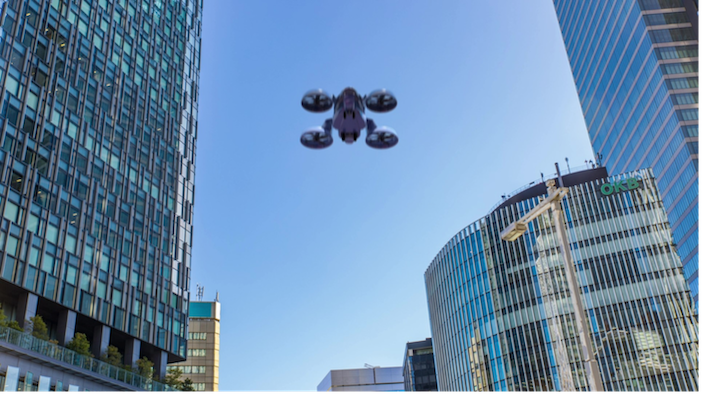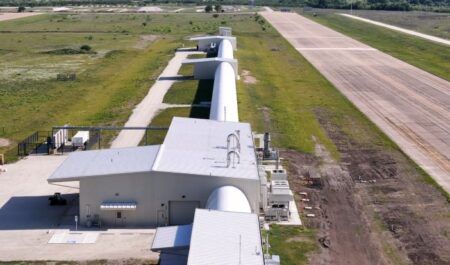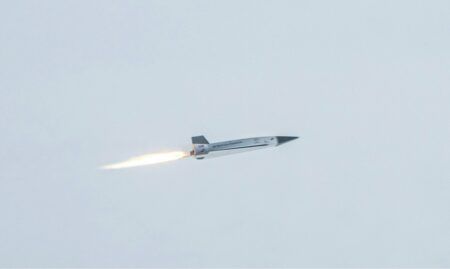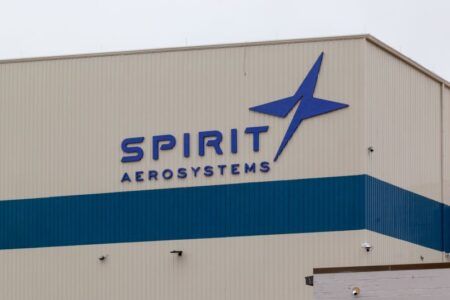Researchers from Japan have estimated a person’s stress levels caused by the sound of a flying car passing overhead.
The aviation and automotive industries, as well as governments around the world are pursuing the aim of developing Urban Air Mobility (UAM), a system that combines unmanned autonomous drones and eVTOL aircraft to move passengers and goods in the air above cities and towns.
Noise has been identified as a key barrier to realizing this goal, and now researchers from Nagoya University and Keio University in Japan have conducted a study about how noise from eVTOL aircraft and drones might affect people’s psychological state.
Professor Susumu Hara from Nagoya University’s department of aerospace engineering and lead author of the study said, “Unless technology is well-integrated in our daily lives. We cannot expect it to make our society a better place.”
The experiment aimed to estimate people’s stress levels as if they were living in a world with flying cars.
Participants watched short videos that simulated multi-rotor aircraft flying in a city. The videos were designed so that the viewers felt like the aircraft was flying (50ft) 15m meters above them at a speed of 15.5mph (25 km/h).
To simulate such a scene, the videos used audio recordings of an industrial drone flying at a speed and height similar to the aircraft depicted in the videos. Participants watched the video eight times, while the researchers changed the volume of the audio in each viewing to examine how the noise level would affect the participants.
The stress levels of participants were assessed using two different measures. First, while watching the videos, a portable EEG device, called a Kansei Analyzer, recorded their brain activity. Second, after watching each video, the participants responded to a written questionnaire.
The researchers found that each person’s self-reported stress level corresponded to the noise level of the aircraft. As the noise increased, the participants reported greater stress. When the noise level decreased, they reported lower stress levels.
However, brain activity data showed a different pattern. As predicted, when the noise level increased for the first time in the experiment, the EEG data showed higher levels of stress among the participants. But once the participants were exposed to loud noise, their stress levels did not decrease – even after the noise level dropped.
According to the researchers, this may suggest that while most people think they can become accustomed to loud noise, it may actually be causing them stress without noticing it.
The researchers conclude that to protect the health of residents, it is important to consider the long-term effects of exposure to chronic loud air traffic noise in a world where aircraft are constantly landing, taking off, and moving above us. In addition to a self-reported assessment, checking brain activity might also be necessary to measure stress from noise.
According to the study, the solution is for aerospace engineers to prioritize making UAM vehicles quieter, but the optimal sound level for protecting citizens’ health is unknown. The researchers in this study hope that their measurement methods can help answer such questions.
“I am sure drones and flying cars will bring significant benefits to our society,” said Hara. “We believe that developing guidelines and regulations on flying cars is important so that we can better adapt them to our lives. I hope this study provides some clues how to do that.”
The research was published in the Technical Journal of Advanced Mobility last month.





